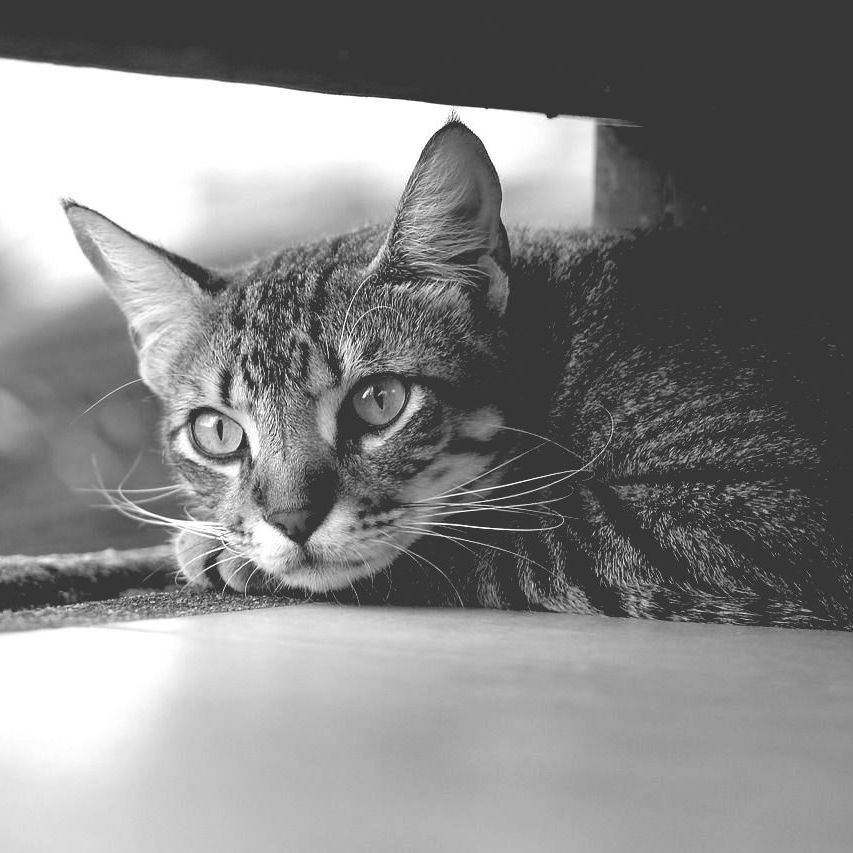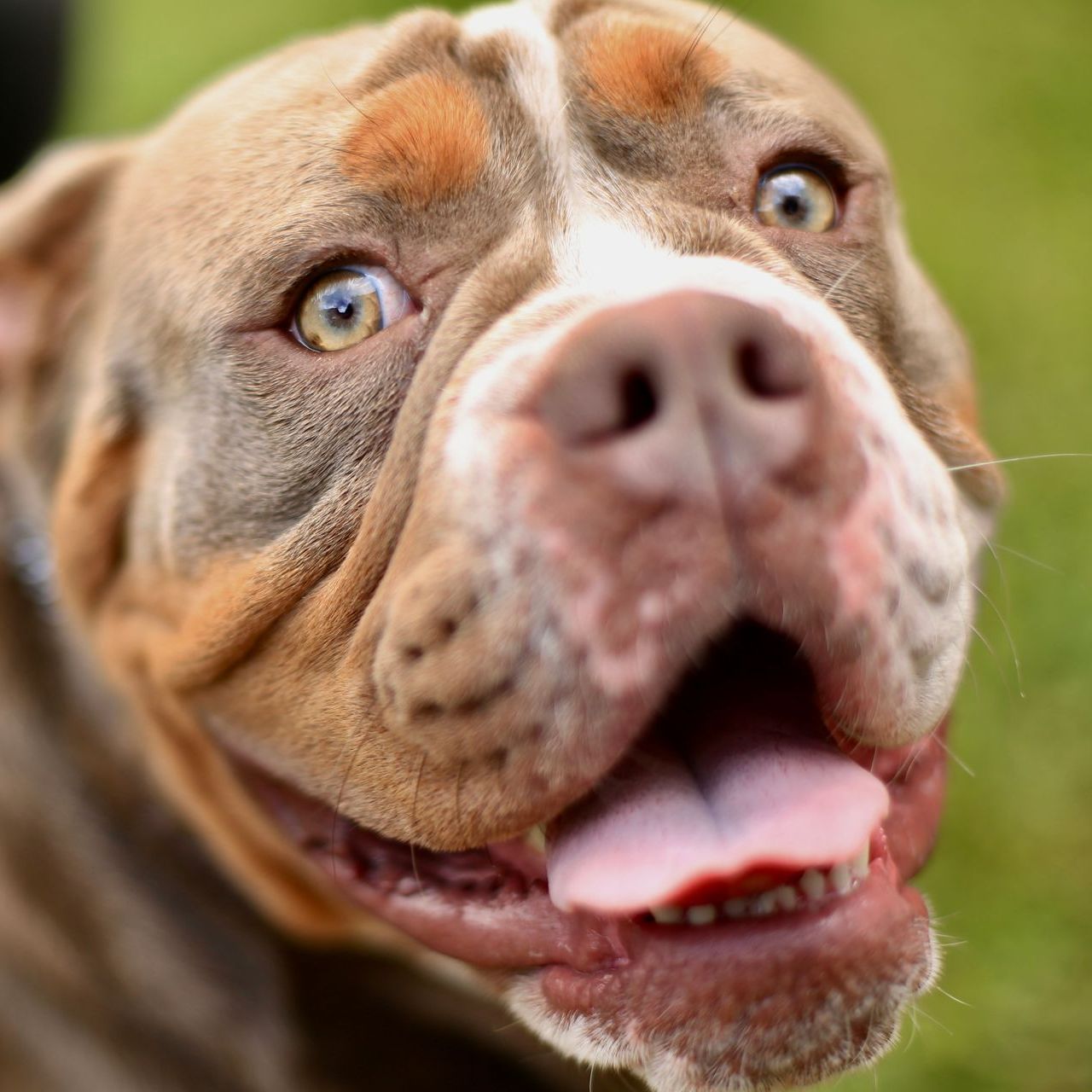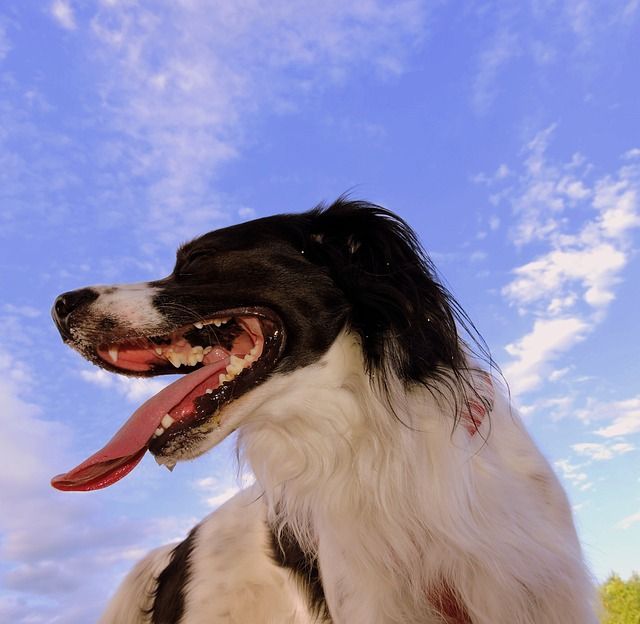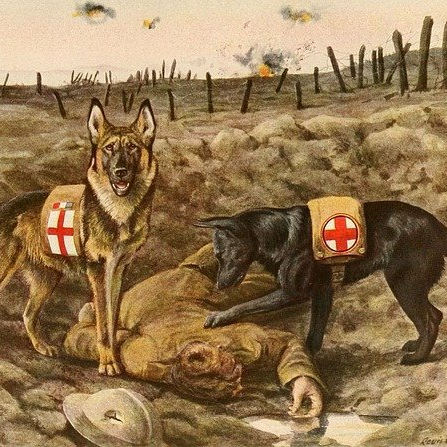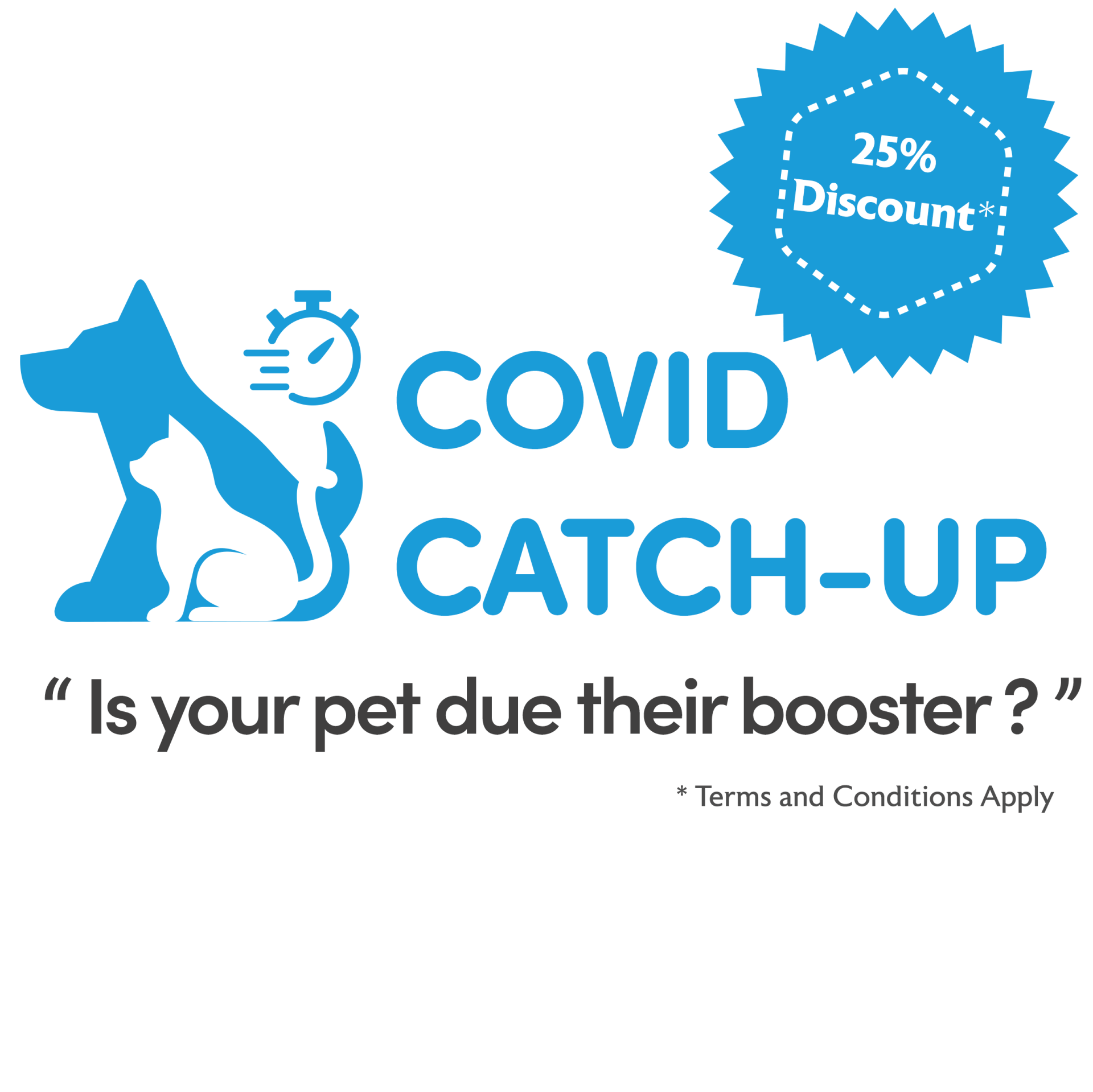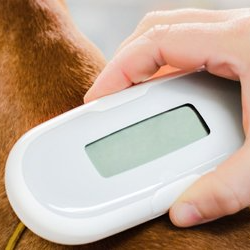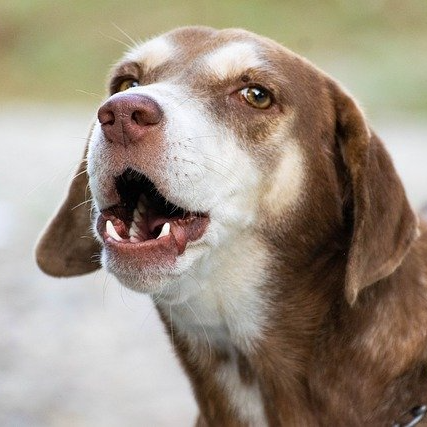
Visit Our Online Shop
Follow Us
Take a "Chill Pill"
How we try to manage stress, fear and anxiety in animals coming to the vets.
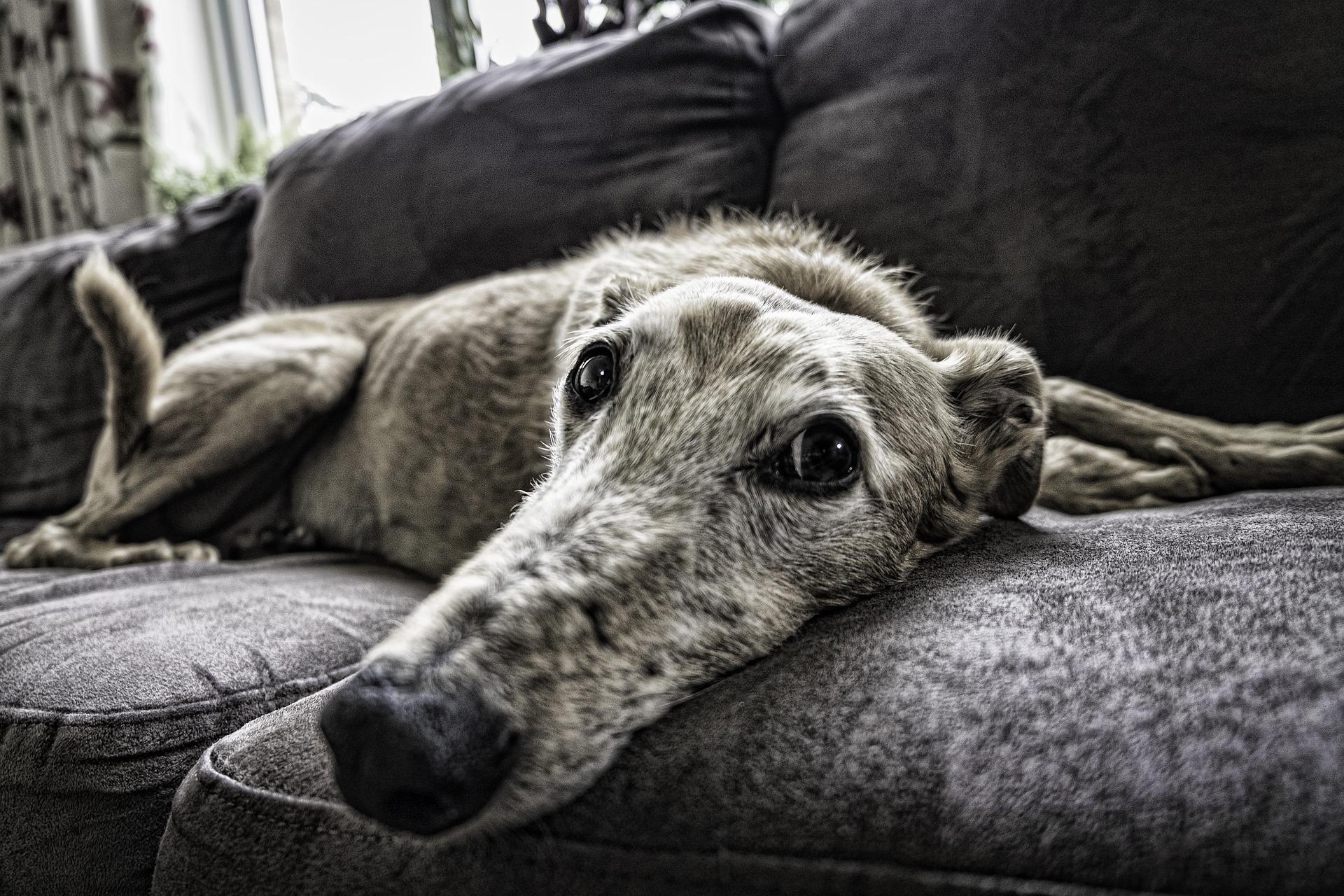
The wellbeing of patients under our care is paramount to our practice ethos - it is what we do! Look after animals, and make them better or improve their lives.
Bringing a stressed, anxious or feaful animal to the vets can be a distressing time for both the animal and their owners! It is also important to realise that these animals can also provide a significant challenge to the members of our veterinary team who are tasked with providing their care.
Often the behaviour of these animals can affect our examination which can then ultimately affect diagnosis, treatment and prognosis. Indeed in some extreme circumstance it can prevent some tests, treatments or procedures from even being offered. Not only this, but some animals can be dangerous to our staff, owners and other patients if their fear/stress isn't management appropriately.
In fact, recent studies have shown that owners of an animal who has shown extreme reactions to going to a veterinary practice, are more likely to avoid vet visits which can delay vital medical or surgical care for their pet.
What happens with a fearful/stressed/anxious animal at the vets?
On a very basic level, we may find that these animals can show typical behaviour such as:
- Not wanting to come into the building
- Pulling away from being examined
- Struggling when being examined.
- Expressing their emotions with fear based behaviour such as biting, scratching etc
On a more detailed level these animals often have increasing amounts of stress hormones such as adrenaline and cortisol due to the "fright/flight" response and this can alter appearances of things during examination (heart rate, respiration rate, blood pressure, and reflexes for example) as well as make responses to some drugs very different.
It is well known that anaesthesia can be much harder to manage in animals that are stressed or anxious and often higher doses of drugs are required to achievethe desired effect. This in turn can increase risk of the procedure as well as how smooth the induction and recovery can be.
It has also been shown that stressed animals can have poorer responses to treatment as the stress hormones can delay wound healing or make them more likely to get infection
How can we make a nervous pet's visit to the vet less stressful?
Unfortunately - just avoiding visiting the vet isn't an option and so we have to try and make the visits that they do have a better experience.
- Minimise waiting room stress. With dogs, this can involve waiting the car/car park rather than the waiting room. For cats, make use of the cat waiting room and utilise the blankets, risers that are present in the room. Consider asking reception if you can come in when we may anticipate the practice to be a bit quieter and avoid peek times.
- Vet/Nurse response to the animal. Where possible, we will try and take time with your pet, building their confidence and using treats etc to try and make their experience positive.
- Consider "happy visits" where the pet may come to the surgery when they are well and perhaps just come into the practice, have some fuss and treats with the staff and then go out again without having anything really done to them.
- Dogs that need to be muzzled are far better off if they are used to the muzzle being applied at home regularly and if they have the muzzle applied BEFORE they come into the practice. There are lots of good online resources about muzzle training anxious pets at home.
- https://woodgreen.org.uk/advice/muzzle-training-your-step-by-step-guide/
- https://www.pdsa.org.uk/pet-help-and-advice/looking-after-your-pet/puppies-dogs/muzzle-training
- https://www.bluecross.org.uk/advice/dog/dogs-and-muzzle-training
- Consider use of medication to calm your pet down PRIOR to the visit. These medications can be super helpful and are discussed below.
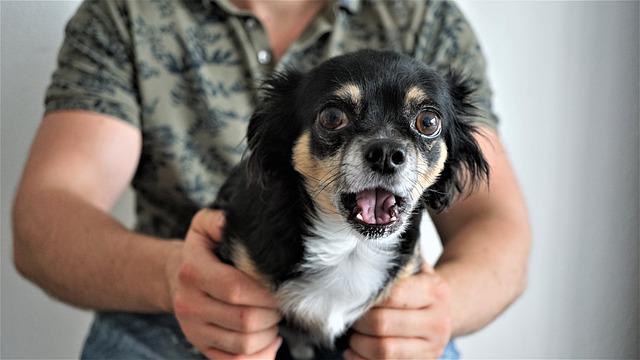
What is the "Chill Protocol" and what do the medications do?
Over the past few years, vets and behaviourists have developed a protocol using a combination of safe medications, that are intended to be given at home and prior to a vet visit. The aim of these medication is to reduce/manage your pet's fear/anxiety about coming to the vet.
This is really important as the hope is that if their visit (with medication) is then a much less stressful, then we turn the whole experience into a positive one that is likely to improve with further visitation, rather than a negative one which is likely to get worse with further vet visits.
There are some dose ranges and varying combinations that can be used for these drugs - and so sometimes a little "trial-and-error" may need to take place to allow us to establish the suitable regime that suits your pet.
GABAPENTIN
This is a commonly used medication with a very wide and safe dose range. It is typically used as either an anti-convulsant medication or a pain-killer. It has a mild sedatory effect and is very safe to be administer with other agents. On its own, this drug is extremely effective in cats, but in dogs usually needs to be combined with other medications. It is generally given:
- A dose the night before a visit
- A second dose about 2hrs prior to the actual visit.
CONTRAINDICATIONS: paediatric patients, liver failure, critically ill animals
TRAZADONE
This is traditionally used as an anti-anxiety drug or sleep aid in humans. It is widely used as an anxiolytic drug in veterinary patients and is often used to help restrict exercise in post-surgical patients. Trazadone is safe to be administered with other agents. It is generally given:
- A dose the night before a visit
- A second dose about 2hrs prior to the actual visit.
CONTRAINDICATIONS: care using in animals with arrhythmias or cardiovascular disease. Trazadone should NOT be used if your pet is taking CBD Oil or any other SSRI type drugs.
MELATONIN
Melatonin is a natual hormone produced by the brain and regulates sleep patterns. More is produced at night and less during the day normally. It can be safely used in veterinary patients with no contra-indications at all and is very safe. The dose does depend on the weight of the dog and care should be taken if human tablets are taken to avoid any that may contain Xylitol, as this is toxic to animals.
CONTRAINDICATIONS: none
ACEPROMEZINE (ACP)
ACP is routinely used in General Practice as a tranquiliser and higher doses often form part of the "pre-medication" protocols for many anaesthetics. Whilst tablet dosing can cause very varied sedation and time-frames, the use of the liquid form given trans-mucosally or "into-the-mouth" has shown to give a much more reliable level of sedation and time window.
This drug is not always required as part of the "chill-protocol" but if deemed necessary by the vet then it is a provided as a single dose in a syringe that you squirt into the mouth and should be given
- Approximately 30mins to 1hr prior to the actual visit.
CONTRAINDICATIONS: geriatric patients, and pediatric patients. Care using in patients with cardiovascular disease, liver failure, renal disease,
What is the goal of using the Chill Protocol?
Using the Chill Protocol Drug Regime is a safe and often very effective way of reducing the stress and anxiety that your pet may experience coming to eh the vets. This then allows:
- Your pet to have a less traumatic visit to the veterinary practice.
- The veterinary team to be able to provide a more thorough, detailed and meaningful examation and/or treatment regime.
- A better outcome for your pet
- A less stressful experience for the owners bringing the animal to the practice!


Bilton Veterinary Centre
259 BIlton Road
Rugby
Warwickshire CV22 7EQ
Tel: 01788 812650
email: enquiries@biltonvets.co.uk
- Monday
- -
- Tuesday
- -
- Wednesday
- - -
- Thursday
- -
- Friday
- -
- Saturday
- -
- Sunday
- Closed
